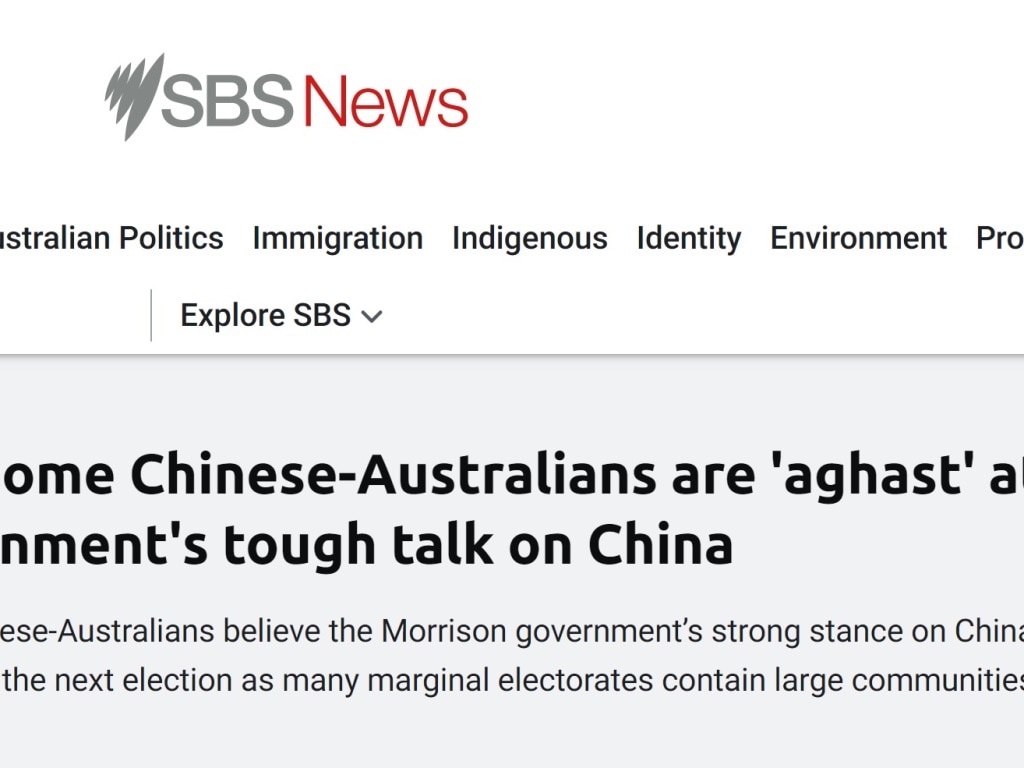Victim politics and the death of imagination
Yassmin Abdel-Magied was one of the token Muslims picked by Malcolm Turnbull for his made-for-TV end-of-Ramadan dinner. So she is sure a beneficiary of victim politics. But she overplayed her hand when Lionel Shriver came to the Brisbane Writers Festival and mocked her very type:

Yassmin Abdel-Magied was one of the token Muslims picked by Malcolm Turnbull for his made-for-TV end-of-Ramadan dinner. So she is sure a beneficiary of victim politics. But she overplayed her hand when Lionel Shriver came to the Brisbane Writers Festival and mocked her very type in her speech.
Cue the victim politics. Cue the absurd offence taking. Cue the racial rank-pulling. And cue the intolerance:
We were 20 minutes into the speech when I turned to my mother, sitting next to me in the front row.
“Mama, I can’t sit here,” I said, the corners of my mouth dragging downwards. “I cannot legitimise this …”...
So what did happen? What did Shriver say in her keynote that could drive a woman who has heard every slur under the sun to discard social convention and make such an obviously political exit?
Her question was — or could have been — an interesting question: What are fiction writers “allowed” to write, given they will never truly know another person’s experience?...
Shriver began by making light of a recent incident in the US, where students faced prosecution for what was argued by some as “casual racial and ethnic stereotyping and cultural insensitivity” at a Mexican-themed party.
“Can you believe,” Shriver asked at the beginning of her speech, “that these students were so sensitive about the wearing of sombreros?”
The audience, compliant, chuckled. I started looking forward to the point in the speech where she was to subvert the argument.
It never came.
On and on it went. Rather than focus on the ultimate question around how we can know an experience we have not had, the argument became a tirade. It became about the fact that a white man should be able to write the experience of a young Nigerian woman and if he sells millions and does a “decent” job — in the eyes of a white woman — he should not be questioned or pilloried in any way. It became about mocking those who ask people to seek permission to use their stories. It became a celebration of the unfettered exploitation of the experiences of others, under the guise of fiction...
As the chuckles of the audience swelled around me, reinforcing and legitimising the words coming from behind the lectern, I breathed in deeply, trying to make sense of what I was hearing. The stench of privilege hung heavy in the air, and I was reminded of my “place” in the world...
It’s not always OK if a white guy writes the story of a Nigerian woman because the actual Nigerian woman can’t get published or reviewed to begin with. It’s not always OK if a straight white woman writes the story of a queer Indigenous man, because when was the last time you heard a queer Indigenous man tell his own story? ...
But there is a bigger and broader issue, one that, for me, is more emotive. Cultural appropriation is a “thing”, because of our histories. The history of colonisation, where everything was taken from a people, the world over. Land, wealth, dignity … and now identity is to be taken as well?...
Asking to be respected – is that asking for too much? Apparently, in the world of fiction, it is.
Shriver ... wanted to talk about the forces of political correctness that are trying to dictate not only what you think but what you can say, and especially what you write.
She started with an incident from a US college where kids organised a Mexican theme party. They handed out little sombreros and served tequila. Photographs went up on social media. Outrage ensued. A sanctions committee was formed. Kids got impeached. Those who felt “harmed” by the “cultural appropriation” were provided with counselling. At this point in her speech, Shriver put on a sombrero.
She gave a few more examples: pop star Katy Perry being criticised at the American Music Awards in 2013 for dressing like a geisha... Shriver then spoke of writers who had been criticised — and badly reviewed — for daring to write from the perspective of a black person when they were not themselves black. Surely the point of fiction is the ability to get into somebody else’s shoes and have a good old walk around?...
Oh, the upset! People got up and walked out, notably Yassmin Abdel-Magied, an Australian of Egyptian and Sudanese descent...
Then came the chilling aftermath. The festival organisers — director Julie Beveridge and her team — were shaken to the core, not by Shriver’s speech but by the idea that people were offended. There were meetings behind closed doors and in the writers’ green room where I sat watching as they grappled with what to do...
They moved swiftly to organise a “right of reply” for Abdel-Magied. This was necessary, they said, because Shiver “did not speak to her brief”. This was not, she said, “the conversation we intended to have”.
Does anyone else feel the chill?
Yes, it has come to this. Censorship at a literary festival...
We are now in the realm of the absurd. It’s not always OK to write from a different perspective? When is it OK? Who should decide? Shall we have guidelines? How about a censorship board like in the good old days? Should all writers put down their pens until every Buddhist Mexican wheelchair-user has had their go? What if their books are crap? Do we have to review them and say they’re good because otherwise it’s not fair?...
Do critics not understand that it’s a mere trip from here to book burning?





